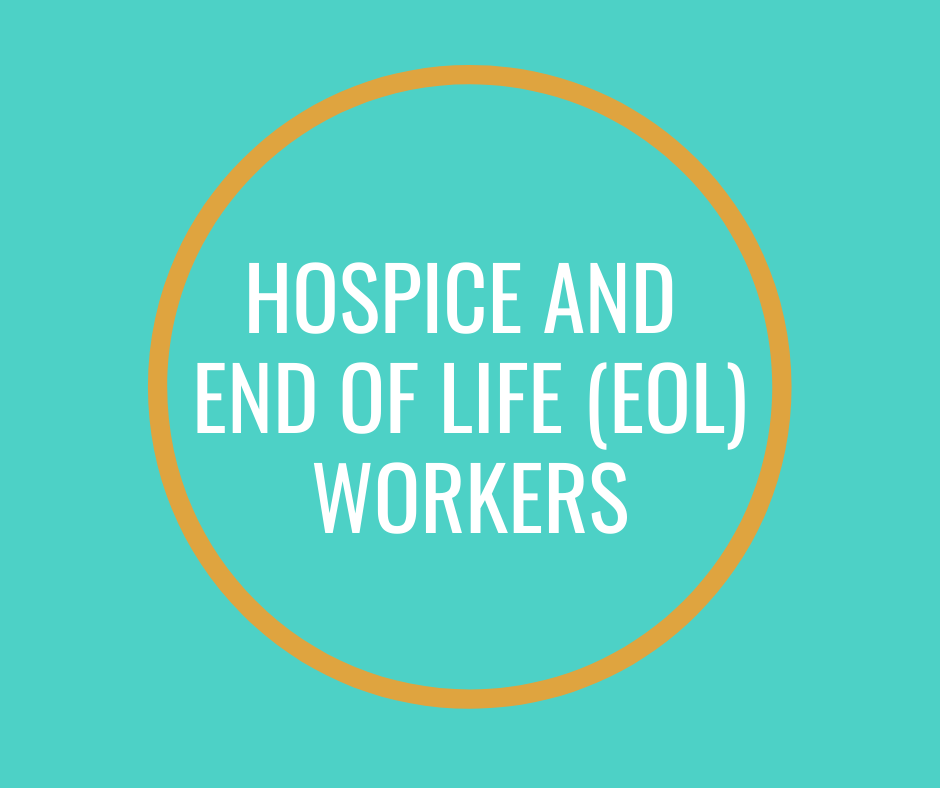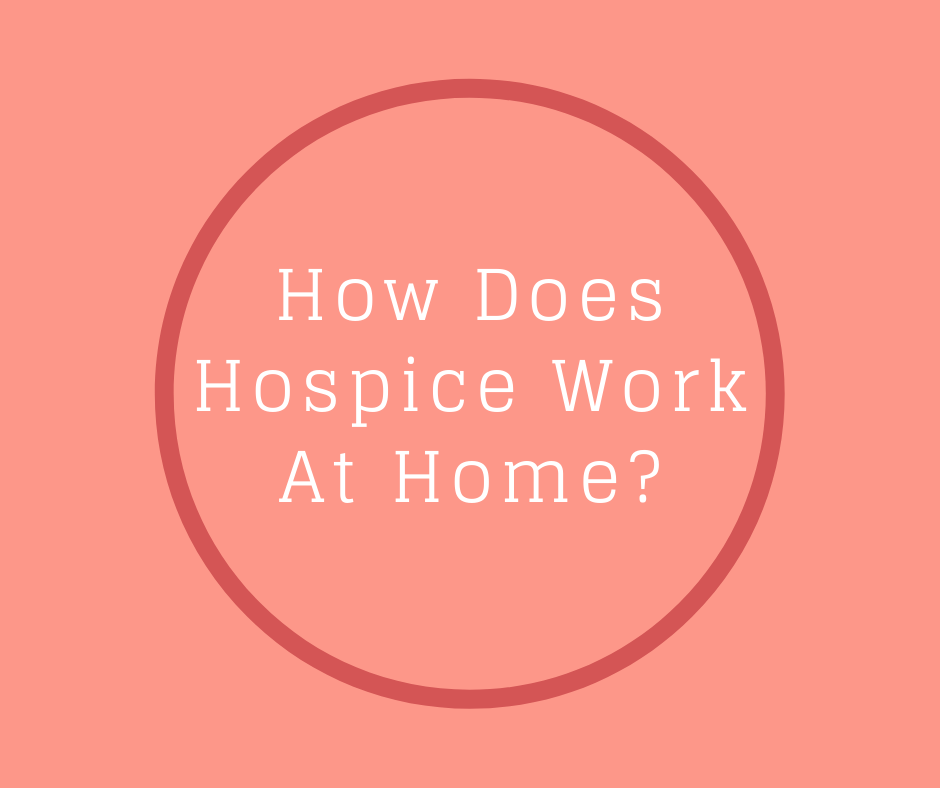As hospice agencies continue to grow we are hiring more from the acute care settings. It used to be that medical professionals, nurses, social workers and home health aides, arrived at hospice’s professional door because they felt drawn to working with end of life situations. They came with knowledge and heart in hand.
Today many professionals come because it is a job, not a calling but a paycheck. Those professionals need special training, special nurturing, so they will develop into the heart centered, dedicated to end of life work that we want in our agencies.
How do we bring a person from the medical goal of “we do everything possible to keep a person alive” to acknowledging and finding comfort in a job well done with the death of our patient? Education, education, education and support, support, support.
As director of two hospices and being a hospice nurse doing direct patient/family care I have written all my materials explaining, guiding, and educating not just families and patients but for the professional caregivers themselves.
Taking care of someone at end of life is different than taking care of someone who is going to get better. If you are bringing an employee onto service from acute care you must teach them that difference as part of your employee orientation.
Here are my suggestions for training staff who are going to be dealing with death on a regular, routine basis. Before staff ever sets foot in a home they need to understand:
- Our goal is the patient’s death. We are not fixing, we are keeping comfortable until death comes.
- Teach signs of approaching death. Give them the tools they can use to educate the families. This is How People Die is my DVD that provides the knowledge foundation for the employee.
- Give a copy of The Final Act of Living to each employee. It is your textbook on working with end of life. It includes signs of approaching death, communication tools, moment of death protocol, basic grief, all information for working with end of living situations.
- You will also want to talk about and explain the use of Gone From My Sight (the little blue book), The Eleventh Hour, How Do I Know You (Dementia at end of life), Pain at End of Life and My Friend, I Care. All of these booklets are written for families facing the end of life challenges a dying loved one presents. It is imperative that the new employee understand their value and how they are used in the program as part of the patient’s care plan and read with the family.
- Create a support system for your employees. Use the DVD Care for The Caregiver with You Need Care Too to begin a dialog on how to take care of yourself. Working in end of life, with dying and death on a daily basis, presents unique challenges for health care workers. Creating a buddy system and a closure ritual are just two of many ways of staying healthy.
The ideas listed above for end of life employee training are also applicable to hospice volunteer training, end of life doula programs, Stephen Ministry, No One Dies Alone and Transition volunteers.
Providing a solid orientation and training program with continual support is the insurance policy for retaining healthy employees and volunteers in end of life care.








5 comments
Dennis Amato
My appreciation for your knowledge and communication expertice Barbara. I sure wish I had read your work before my parents died. It would have made for better experiences for my Mother, my Father, and for myself. I am still dealing with guilt for not being better prepared to assist them with their passing.
Good luck with your exceptional work ethic,
Dennis
———
BK Books replied:
Hi Dennis, thank you for your comments. You might think about writing your parents a letter. Put all your would have, should have, on paper. Everything you wish you could say to them. Burn the letter and scatter the ashes to the wind. Let how well you live your life now be the gift of love you give them. Blessings! Barbara
My appreciation for your knowledge and communication expertice Barbara. I sure wish I had read your work before my parents died. It would have made for better experiences for my Mother, my Father, and for myself. I am still dealing with guilt for not being better prepared to assist them with their passing.
Good luck with your exceptional work ethic,
Dennis
———
BK Books replied:
Hi Dennis, thank you for your comments. You might think about writing your parents a letter. Put all your would have, should have, on paper. Everything you wish you could say to them. Burn the letter and scatter the ashes to the wind. Let how well you live your life now be the gift of love you give them. Blessings! Barbara
barbara karnes
Hi Darlene, giving my materials to your nurses is what I like to hear. Do you give them You Need Care Too? There is a DVD that goes with the booklet. Good to watch as part of staff orientation (volunteer training as well) to keep your staff mentally and emotionally healthy.
Blessings to all of you in the work you are doing. Barbara
Hi Darlene, giving my materials to your nurses is what I like to hear. Do you give them You Need Care Too? There is a DVD that goes with the booklet. Good to watch as part of staff orientation (volunteer training as well) to keep your staff mentally and emotionally healthy.
Blessings to all of you in the work you are doing. Barbara
DARLENE B STONEKING
We have a packet of your books that we provide our new nurses or at least new to hospice nurses. We also encourage them to visit your blog on everything hospice! Thank you for all you do.
Darlene
We have a packet of your books that we provide our new nurses or at least new to hospice nurses. We also encourage them to visit your blog on everything hospice! Thank you for all you do.
Darlene
Joanne Ciampi
This is very timely. I have been a hospice volunteer coordinator for 28 years and have seen exactly this – staff who come on board because they need the job, not due to a “calling”. Most don’t stay long, but helping them understand the dying process versus curing
is paramount.
This is very timely. I have been a hospice volunteer coordinator for 28 years and have seen exactly this – staff who come on board because they need the job, not due to a “calling”. Most don’t stay long, but helping them understand the dying process versus curing
is paramount.
Robert Meacham III
“End of Life health workers”
These professionals are a gift from God.
And that’s my opinion!
Thank You, Robert Meacham III
“End of Life health workers”
These professionals are a gift from God.
And that’s my opinion!
Thank You, Robert Meacham III